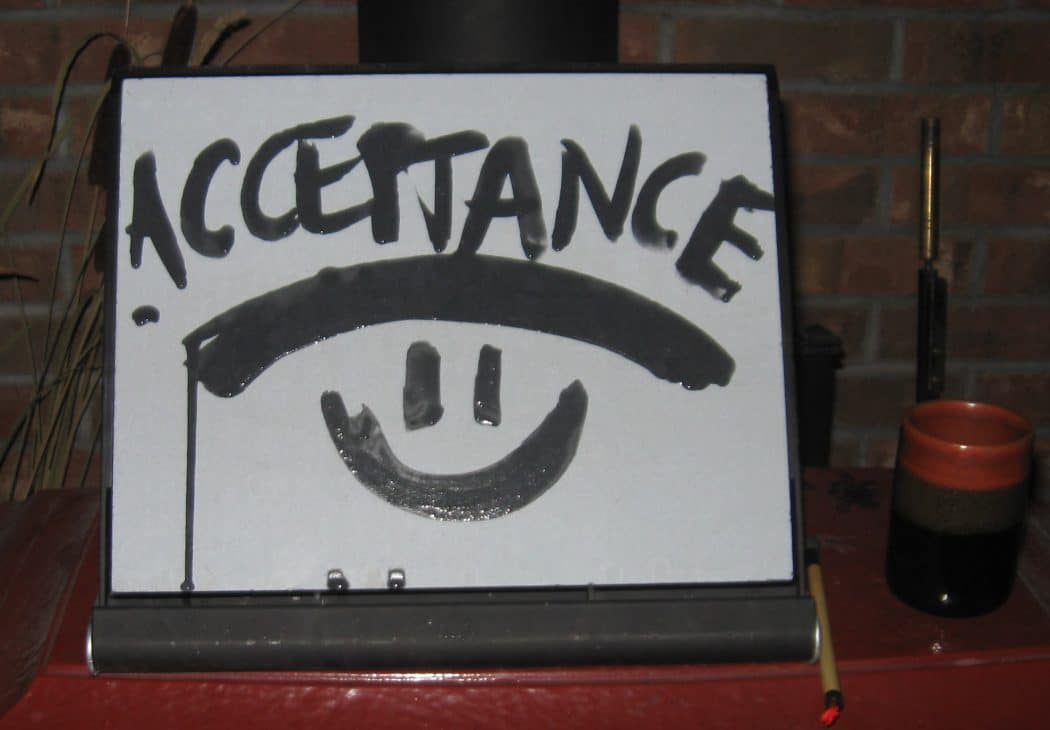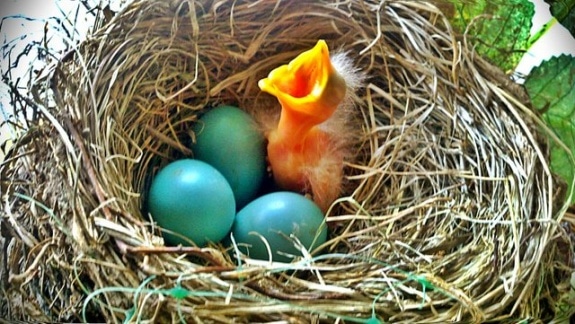What If Attention Was Your Superpower?
by Gregg Krech
Our experience of life is not based on our life . . . but on what we pay attention to.
One of the most fascinating areas of Japanese Psychology is the theme of “attention.” Most of us go through the day without any awareness of how we are using our attention. Our attention is like a flashlight. When we notice something, we are shining that flashlight on an object of attention. It might be a maple leaf dancing in the breeze. It might be an item on the restaurant bill that we never ordered. It might be a feeling state, like anxiety. Or it might be a sharp pain in our lower back.
For the most part, our attention is passive, like a puppy off-leash. It bops around from one thing to another – whatever happens to capture it at the moment. To develop attentional skill, however, we have to practice directing our attention, consciously and deliberately focusing our attention.
Periodically, we do this because we have misplaced something, like our car keys or our eyeglasses. We can then use scanning attention as we search from table to desk to countertop, looking for the missing object. And of course, the missing object may well be a function of misplaced attention in the first place.
What if we could become exceptionally skillful in using our attention? How would that affect the quality of our life? I just watched a wonderful moving with Ben Kingsley and Benedict Cumberbatch called “The Wonderful Story of Henry Sugar”. In the film, the main character, through years of attention practice, develops the capacity to focus so intently on an object (in this case a playing card) that he can see the face of the card by focusing intently on the back of the card. The film is based on a children’s book by Roald Dahl. I loved the film, but I have no evidence that leads me to believe that this type of attentional skill is possible. However, after thirty years of studying and teaching attention, I do believe that we can train to use our attention in ways that actually do have an extraordinary impact on our lives, including the areas of relationships, concentration, coping with pain, safety, creativity, psychological wellness, and much more.
To a great extent, the difference between joy and misery rests on where we direct our attention and how skillfully we are able to manage this process. In my work at the ToDo Institute I teach courses in Japanese Psychology. It was Japanese Psychology, along with the Zen teacher, Thich Nhat Hanh, that first introduced me to the mechanics and practice of working with our attention. I point out that our flashlight of attention can be pointed toward our inner world of thoughts, feelings and body sensations, or the outer world of colors, nature, music, other people and, well, just about everything else in the universe.
Sometimes it is very useful to point our attention to our inner world, such as when we are following our breath in meditation. We call this “self-focused attention”. But many of us focus on our inner world too often. That is to say we spend way too much time in our heads and not enough time connecting with the world around us. The cost of this imbalance can be dramatic. Research shows that nearly every psychological disorder is associated with a heightened degree of self-focused attention. (Ingram, Psych Bulletin, Vol 107, No. 2)
So it is important to cultivate the skill of paying attention to the world around us. The assumption in Japanese Psychology is that when we are not paying attention to our anxiety, we aren’t anxious. That’s right – anxiety is largely a function of self-focused attention. Over the course of our lives, we have often developed, unconsciously, habits of attention that are not useful, and, sometimes, cause us and others a great deal of suffering. By exploring the different types of attention we can discover those habits and replace them with skills that are more desirable and support us rather than work against us.
When Linda’s mother died during the Covid pandemic, she was filled with sadness and grief. So we took daily walks in the forest behind our home in Vermont. We used an exercise called Tea Ceremony Talk, which limits your speech to that which you can perceive with your senses in the present moment. My wife found this experience to be very comforting, providing a respite from her sadness. It allowed her to feel the twigs snapping beneath her feet, and to tune in to the beauty of the natural world. During those moments of being present to the natural world, she was not immersed in sadness. I’ve found that when we feel overwhelmed and pushed outside our comfort zone, working intentionally with our attention can be a priceless tool.
Developing the capacity for skillful attention is like developing any skill, requiring practice to continuously improve. A good first step, at any given moment, is to simply ask yourself the question, “where is my attention?” If you find that you are stuck in your head, or trapped in your inner world of emotions, see if you can gently shift your attention to the present moment by engaging one or more of your senses. Each time you do that, you get better at it. It’s a process that is always available to you, if you have the presence of mind to use it.
Gregg Krech has been teaching and studying Japanese Psychology for 35 years. He is the author of five books, including Naikan: Gratitude, Grace and the Japanese Art of Self-Reflection. He is the Editor of Thirty Thousand Days: A Journal for Purposeful Living, and Chairperson of a national task force on Buddhism and Psychological and Spiritual Well-Being. Gregg will conduct the online program, WORKING WITH YOUR ATTENTION, from Oct. 20 – Nov. 19, 2023.
Tags: anxiety Attention Mental Wellness Mindfulness












